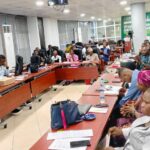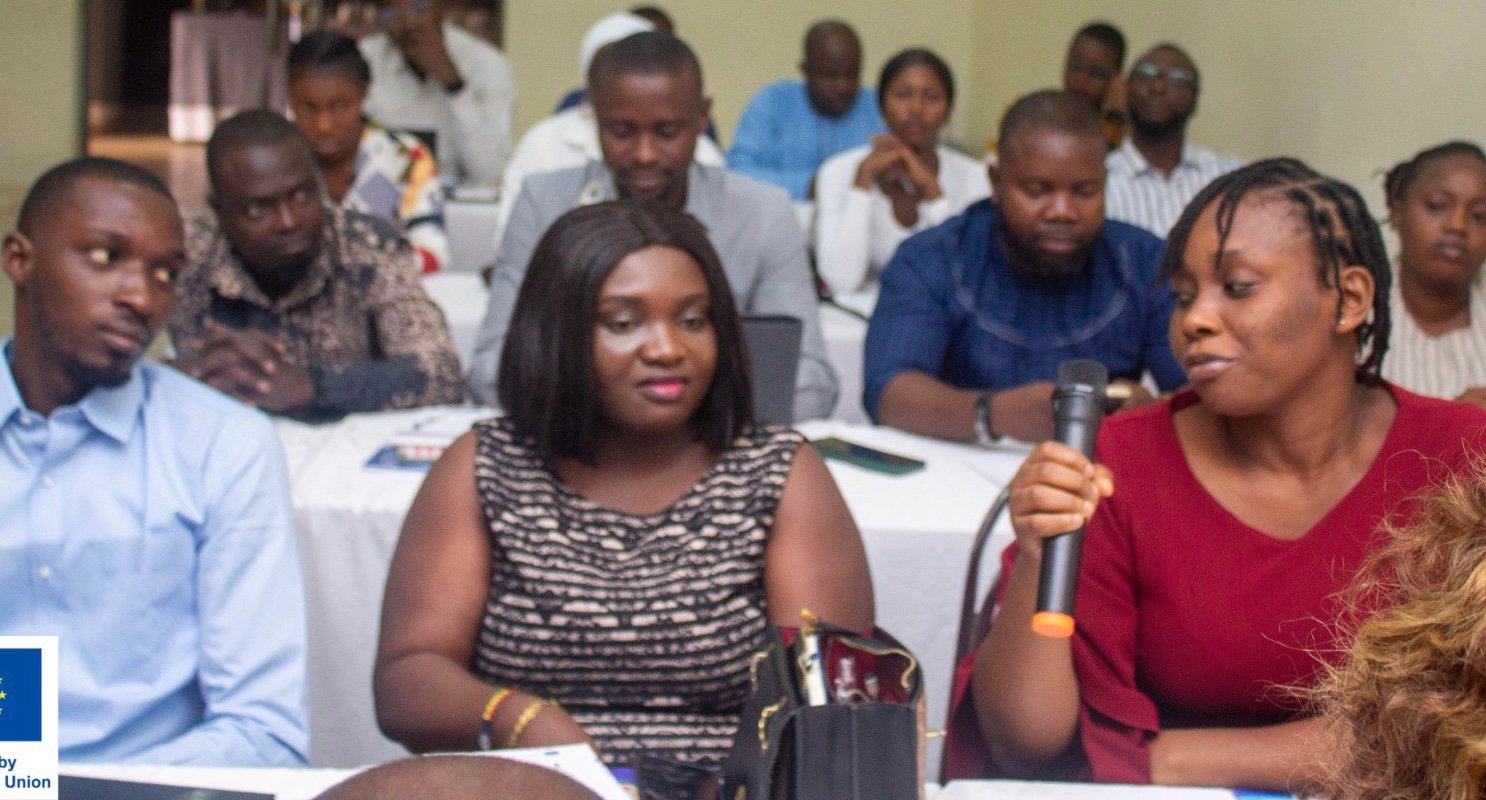Information disorder: IPC trains journalists on fact-checking stories
Fact-Check
By Victor Adeoti
The International Press Centre (IPC) has urged journalists to combat information disorder in the society through fact-check and freedom of information tools.
Mr Lanre Arogundade, the Executive Director of IPC, said this at a two-day capacity building on combating Information Disorder in Democratic Governance Reporting, Using Fact-Check and FOI Tools, in Akure.
The News Agency of Nigeria (NAN) reports that 40 journalists from different media houses were selected across the south-west states.
The training was organised by IPC in collaboration with EU-Support to Democratic Governance in Nigeria (EU-SDGNll)
Arogundade said that the challenges of disinformation and misinformation by whatever form made fact-check imperative.
He said that social media enabled people to generate misinformation easily, spread it rapidly, do so anonymously and decentralised it.
Arogundade explained that misinformation as sharing of false information without knowing it amounted to false or despite suspicion, it could be false-rumours, insults or pranks.
He said disinformation was concoction of untrue news and the sharing of such news with the knowledge that they were false.
“Malinformation arises when an information that it is true is spread in a malicious manner with the objective of causing harm,” he said.
He said, “the danger of disinformation is that it could lead to spread of falsehood, leading to disbelief or not knowing what to believe, panic and anxiety, especially in moments of crisis, among others.
“Fact-check is verifying information in public domain by public officials, organisations, media and social media, fact-check is not a ricket science,” he said.
He said fact-check was a scrupulous analysis driven by one basic question – “how do we know that?” noting that fact-check is not a spell-check”
On the steps for fact-check, the IPC CEO, urged journalists to eliminate biases, diversifying and using multiple credible sources, distinguish between facts and opinion or between facts and fiction and also apply journalistic curiosity or common sense.
Arogundade, however, urged journalists to always ensure that they used the knowledge gained from the workshop to combat misinformation, disinformation and malinformation in the society.
Also, Mr Martins Oloja, Managing Director/ Editor-in-Chief, Guardian Newspapers, urged journalists to always follow-up on stories to verify their credibility.
Oloja said journalists must always put government on their toes through verified and accurate reportage.
He urged participants to be more resourceful in addressing the challenges of good journalism.
Melody Akinjiyan, the IPC Project Officer, said that the role of the media in the rapid dissemination of information and shaping public opinion to ensure transparency in electoral systems, was important.
“The emergence of information disorder posed a grave threat to the very foundation of democratic governance, sowing seeds of doubt, division, and distrust.
“This training serves as a beacon of hope, illuminating the path towards a more informed, vigilant and resilient media landscape,” she said.
NAN reports that journalists in attendance were taught how to use fact-check tools such as Google reverse image, TinEye, meta data, flight aware, among others.(NAN)
Edited by Nkiru Ifeajuna/Idris Abdulrahman
Published By
Has also recently published
 General NewsJune 29, 2025NGO trains activists on human rights app
General NewsJune 29, 2025NGO trains activists on human rights app Culture & TourismJune 28, 2025Tour operators seek solutions to ease cross-border travel in West Africa
Culture & TourismJune 28, 2025Tour operators seek solutions to ease cross-border travel in West Africa General NewsJune 28, 2025Agency trains 86 journalists on effective GBV reportage
General NewsJune 28, 2025Agency trains 86 journalists on effective GBV reportage Culture & TourismJune 28, 2025Experts underscore need for tourism development in West Africa
Culture & TourismJune 28, 2025Experts underscore need for tourism development in West Africa





